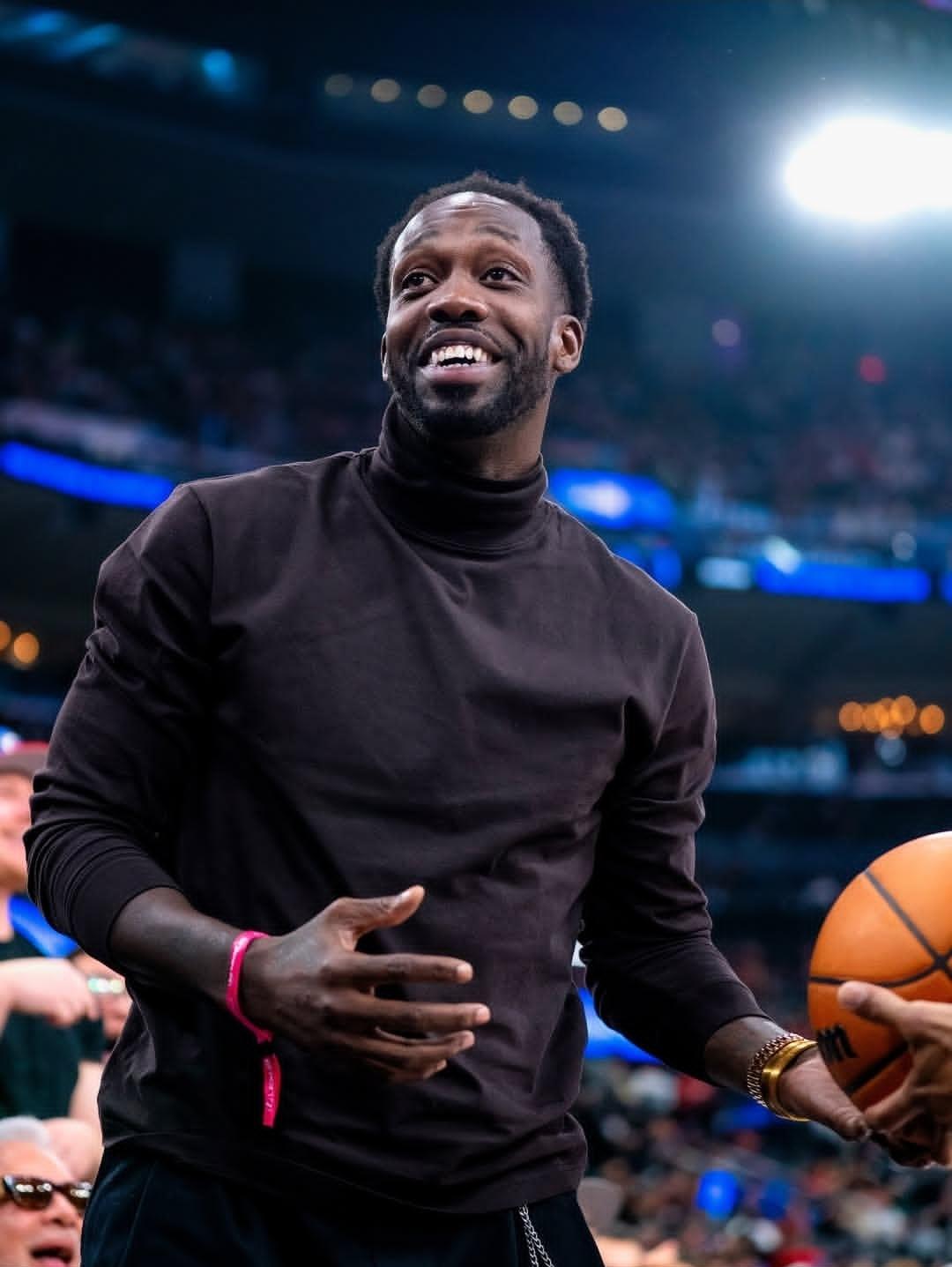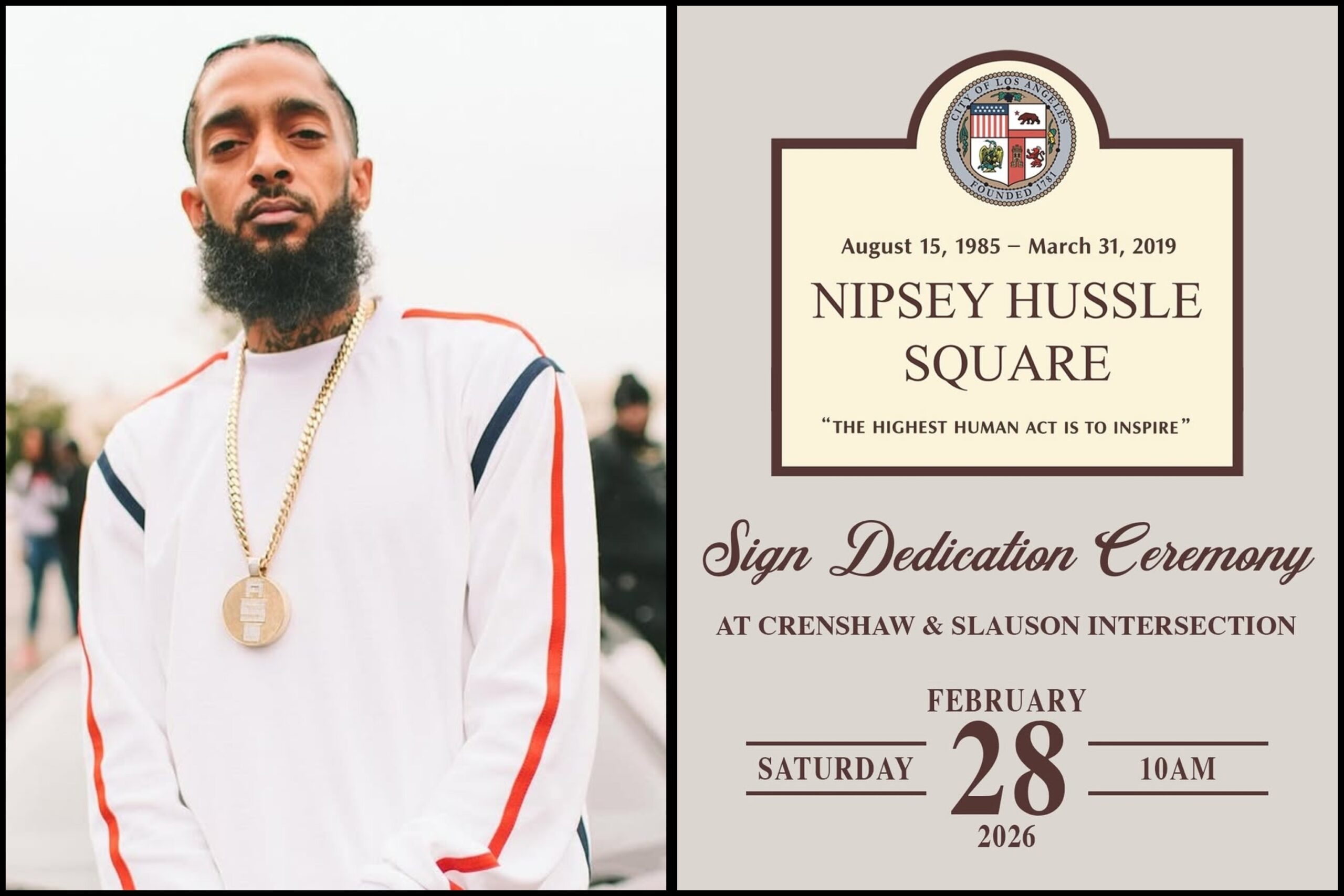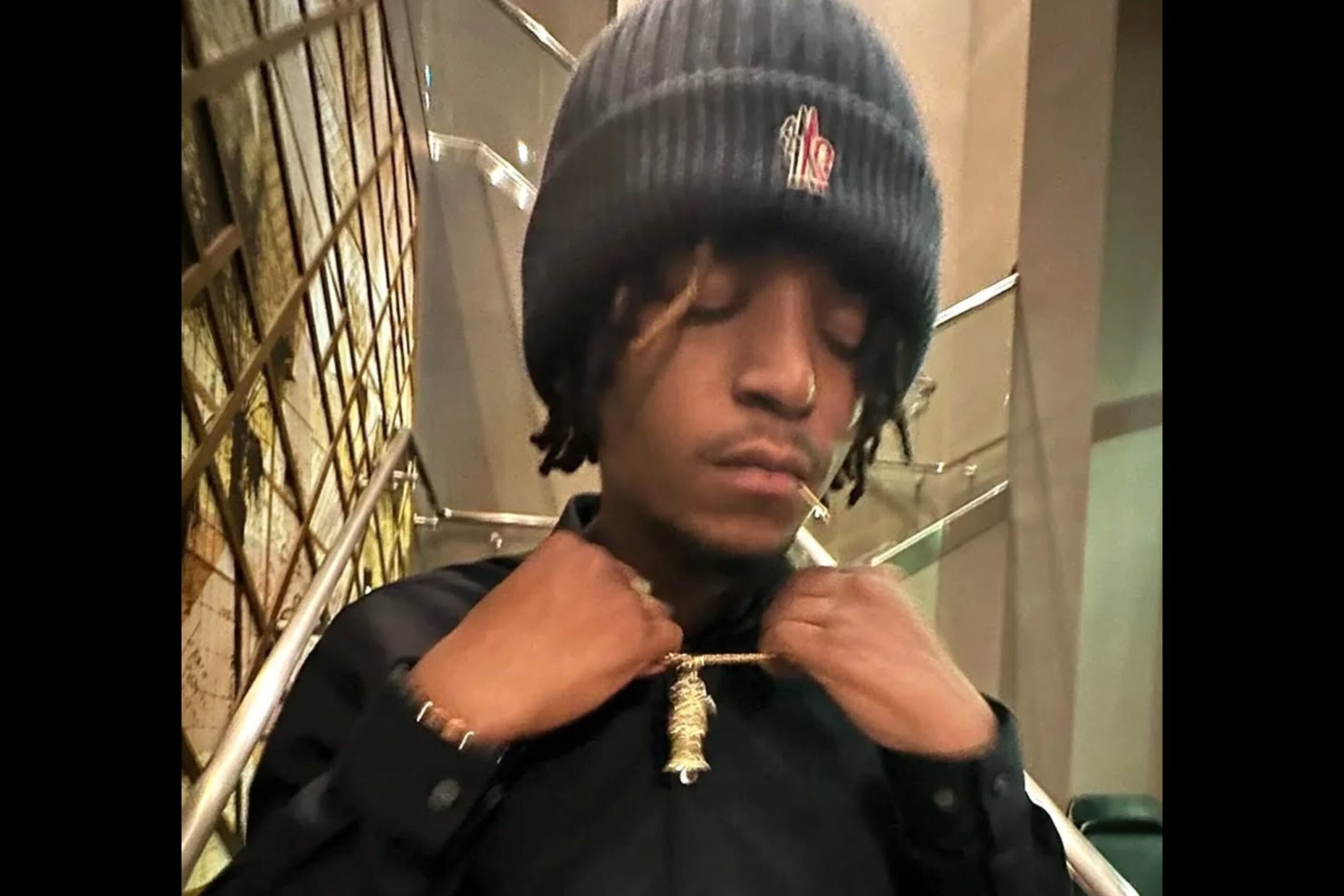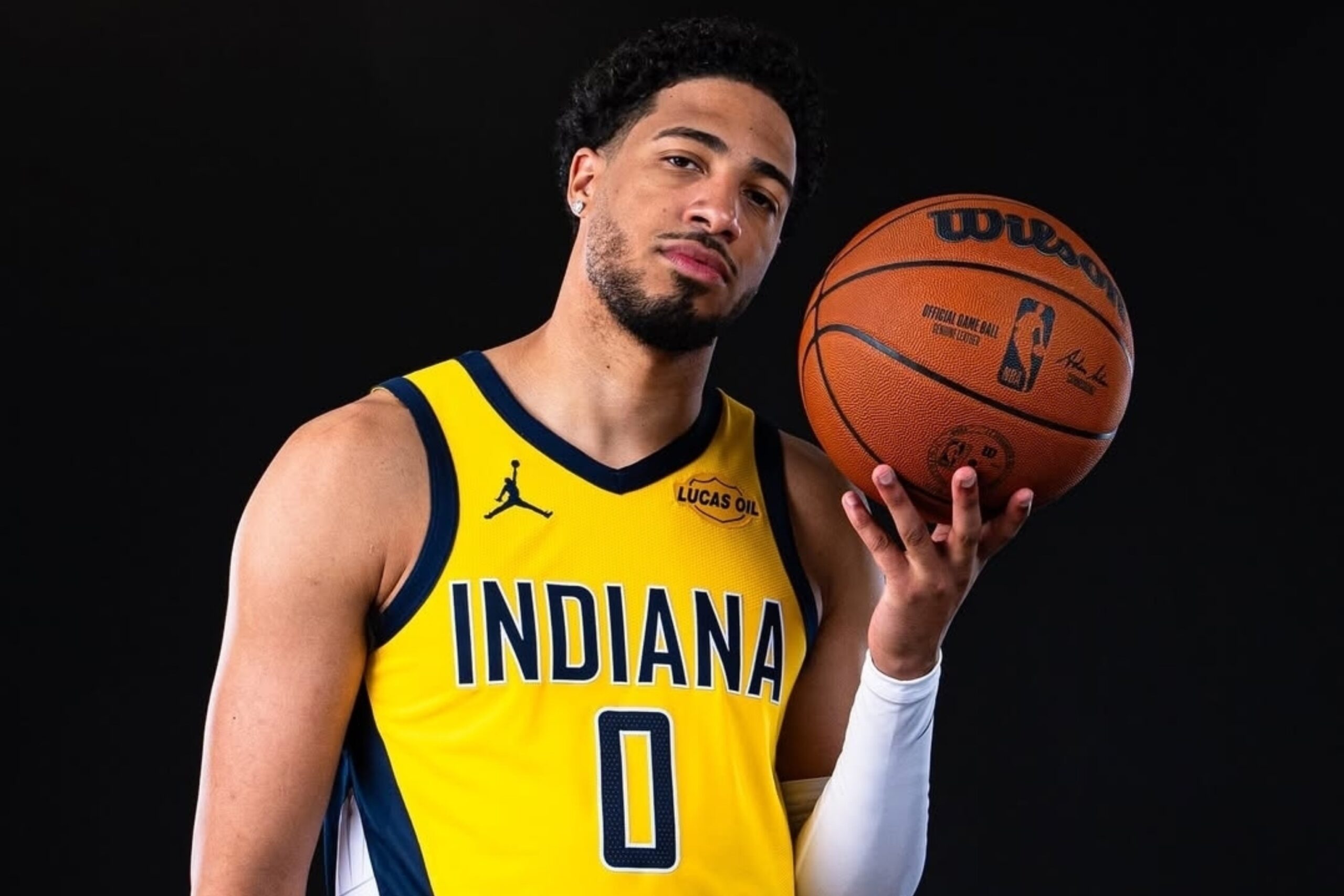Former NBA guard Patrick Beverley was arrested on Friday in Fort Bend County on a third-degree felony charge of “Assault on a Family/Household Member – Impeding Breath or Circulation,” according to sheriff’s office and jail records.
Beverley was taken into custody at the Fort Bend County Sheriff’s Office in Richmond, Texas. His bail was set at $40,000, which he posted, and he was released later in the day.
Nature of the Charge
The specific allegation — “impeding breath or circulation” — suggests the case may involve strangulation or choking, a serious enhancement under Texas law. Under Texas Penal Code § 22.01(b)(2)(B), such conduct is classified as a third-degree felony, even in the absence of visible injury. If convicted, the penalty can include two to ten years in prison, plus fines.
Beverley’s Background
Patrick Beverley, 37, played 12 seasons in the NBA, with stints on teams including the Houston Rockets, Los Angeles Clippers, Minnesota Timberwolves, Lakers, Bulls, 76ers, and Milwaukee Bucks. His last NBA appearance came during the 2024 playoffs with the Bucks. Earlier this year, he briefly played overseas in Israel before leaving the team in February.
In addition to his basketball career, Beverley has gained attention off the court as a co-host of a Barstool Sports podcast alongside former NBA All-Star Jason Williams.
Legal and Public Implications
The charge draws serious legal exposure. Domestic assault cases in Texas — especially those involving breath or circulation — are treated with elevated severity. While details are still limited, the arrest could have significant reputational consequences for Beverley, who has maintained a high-profile presence both in sports and the media.
At this point, the public does not have information on the alleged victim, the circumstances leading to the arrest, or any statement from Beverley or his legal team. As the case moves forward, key next steps will include court filings, potential protective orders, and whether the prosecution pursues trial or a plea





